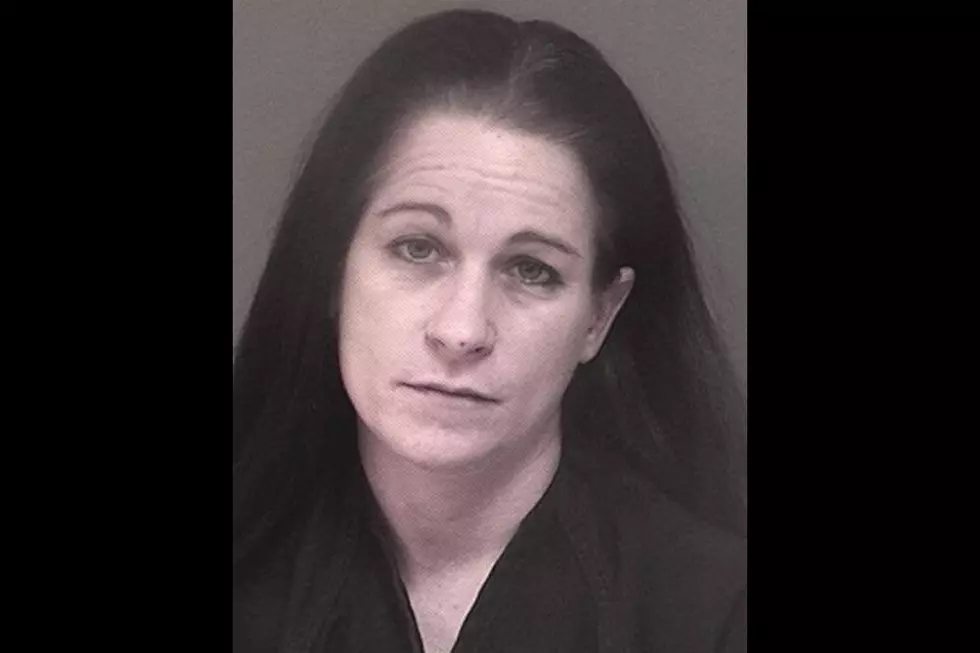
4 laws that could help NJ combat heroin
With New Jersey’s prescription painkiller and heroin epidemic continuing to spiral out of control, one lawmaker is pushing a multi-pronged plan to help turn things around.
Assemblyman Joe Lagana, D-Bergen, has introduced a six-bill legislative package to help combat opioids and other substances.
1. Forced rehab
He said one measure would allow someone to petition the court for involuntary commitment of someone for drug treatment.
“We’ve spoken to so many people, mostly parents who lost their children and they said to us if only we could have made them go get treatment,” he said.
Lagana explained many times people go through detox and soon afterwards they will insist they’re fine but within a month they’ll relapse and start using again.
JERSEY HEROIN CRISIS
• How do you know you're addicted to prescription drugs?
• Heroin in NJ: By the terrifying numbers
• Many parents clueless about prescriptions and addiction
• Why is giving up heroin so hard for most people?
• Who was the ‘full-blown crackhead’ NJ dealer? (WATCH)
• This is not your father's heroin
GET HELP: Resources in NJ
He said the person asking the court to force someone to go into treatment would have to demonstrate “that the person they seek to commit is a danger to themselves, to others, and that they are teetering on the point of death basically.”
2. Track Narcan doses
Another bill would require officials to electronically report when Narcan, the anti-heroin antidote, is given to an individual.
He explained they would have to give that information to the Department of Community Affairs and the data would then be shared with doctors.
“Some people won’t tell doctors if they have overdosed (on heroin) and this would certainly play into how the doctor views the patient in terms of treatment options,” he said.
3. Electronic prescriptions
A third measure would require all prescriptions for a controlled dangerous substance to be transmitted electronically.
“What we’ve seen with prescription pads is that people steal them and they’re easily manipulated, fraud can be committed by people looking to game the system,” he said. “This would not leave open any room for someone stealing a prescription pad or fraudulently making their own prescription pad.”
4. Educate doctors
Another bill would require health care professionals to take continuing education courses to learn about opioids in order to keep their license.
Lagana said this is very important because in some cases doctors are not up on this type of information and they need to be.
“Once this type of narcotic is introduced into the body, for some people there’s no going back, one or two pills, it could be the end for some people. This way doctors know exactly how patients should be treated and they know what to look out for.
Two other measures being proposed are resolutions.
One would urge the State Board of Medical Examiners to adopt the CDC Guideline for Prescribing Opioids for Chronic Pain in order to improve patient safety and educate patients about the risks and benefits of opioid use as a pain management treatment.
A second resolution urges school districts and nonpublic schools to adopt a policy to address the abuse of prescription opioids by students. The policy would include:
• Notification to the school nurse by the student’s parent or guardian if an opioid medication was prescribed
• Drug monitoring if the student demonstrates signs of symptoms that raise the possibility of opioid abuse during the time he or she is taking the prescription.
Also on New Jersey 101.5:
Contact reporter David Matthau at David.Matthau@townsquaremedia.com
More From New Jersey 101.5 FM







